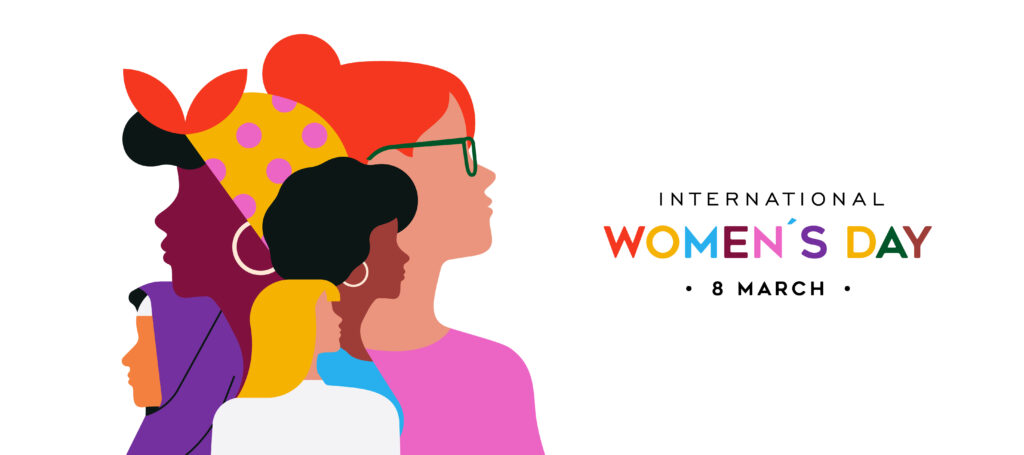The legal field in Nigeria has seen significant growth and transformation over the years, with numerous women making remarkable contributions to the profession. From fighting for justice and equality to groundbreaking achievements and paving the way for future generations, women in law in Nigeria have played a crucial role in shaping the legal landscape of the country. In this blog post, we will highlight some of the key contributions of women in the Nigerian legal field and celebrate their achievements.
Breaking Barriers:
On our official Instagram page @ardnas_legal we made a post this week and captioned it “Breaking Barriers and Rewriting History” because historically, the legal profession in Nigeria was predominantly male-dominated, with limited opportunities available for women. However, courageous and determined women have defied the odds and broken through these barriers. Women like Chief Folake Solanke, the first female Senior Advocate of Nigeria (SAN), and Justice Aloma Mariam Mukhtar, the first female Chief Justice of Nigeria, have blazed a trail for other women in the legal field to follow.
Advocates for Justice and Equality:
Women in the Nigerian legal field have been at the forefront of advocating for justice and equality in various aspects of society. From challenging discriminatory laws to representing marginalized communities. In Nigeria, some discriminatory laws against women include:
1. The Penal Code in Northern Nigeria contains provisions that discriminate against women, such as unequal punishment for adultery and fornication.
2. The Matrimonial Causes Act of 1970, which permits polygamy and sets the legal age of marriage at 21 for men and 18 for women.
3. The Child Rights Act has not been fully adopted in all states in Nigeria, leading to gaps in protections for young girls from harmful practices like child marriage and Female Genital Mutilation (FGM).
4. Customary laws in some regions discriminate against women in inheritance and property rights, denying them the same rights as men.
Efforts are being made to reform and address these discriminatory laws to promote gender equality and protect the rights of women in Nigeria and these women are constantly using their legal expertise to champion these important causes. A clear example is the human rights lawyer Hauwa Ibrahim who has been a fearless advocate for the rights of women and children in Nigeria, working towards a more just and equitable society.
Empowering the Next Generation:
In addition to their professional accomplishments, women in law in Nigeria have also been actively involved in mentoring and empowering the next generation of female lawyers. By serving as mentors, role models, and trailblazers, these women are inspiring young aspiring lawyers to pursue their dreams and excel in the legal field. Initiatives such as women-focused legal organizations and mentorship programs are providing support and guidance to not just aspiring female lawyers, but also females in all works of life so they can be empowered and well informed about legal rights that protect them. These legal rights include:
1. The Violence Against Persons Prohibition (VAPP) Act: This law criminalizes various forms
of violence against women, including physical, sexual, psychological, and economic violence. It
also provides for the protection of victims and survivors, as well as the prosecution of offenders.
2. The Child Rights Act: This law protects the rights of children, including girls, and prohibits harmful practices such as child marriage, female genital mutilation, and child labor. It ensures access to education, healthcare, and protection from abuse for all children.
3. The Maternity Protection Convention: Nigeria has ratified this international labor standard, which protects pregnant women and new mothers in the workplace. It guarantees paid maternity leave, job security during maternity leave, and protection against discrimination.
4. The Equality of Opportunity for Women Bill: This bill aims to promote gender equality and eliminate discrimination against women in all areas of life, including education, employment, healthcare, and political participation. It calls for equal opportunities and treatment for women in Nigeria.
5. The National Gender Policy: This policy framework provides guidelines for promoting gender equality and women’s empowerment in Nigeria. It addresses issues such as women’s access to education, healthcare, employment, and political representation.
These legal rights play a crucial role in promoting gender equality, protecting women from discrimination and violence, and empowering women to participate fully in society.
Celebrating Achievements:
It is essential to recognize and celebrate the achievements of women in the Nigerian legal field, as their contributions have been significant in advancing the rule of law, promoting justice, and upholding human rights. Their dedication, resilience, and passion for justice have not only impacted the legal profession but have also had a positive influence on society as a whole.
Conclusion:
Women have played a vital role in shaping the legal landscape of Nigeria, and their contributions deserve to be acknowledged and celebrated. From breaking barriers to advocating for justice and empowering the next generation, women in law in Nigeria have made a lasting impact on the profession. As we continue to strive for a more just and equitable society, let us always remember and honor the influential contributions of women in the Nigerian legal field.


